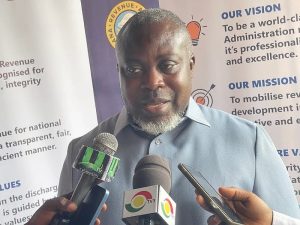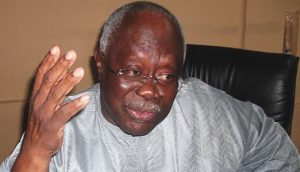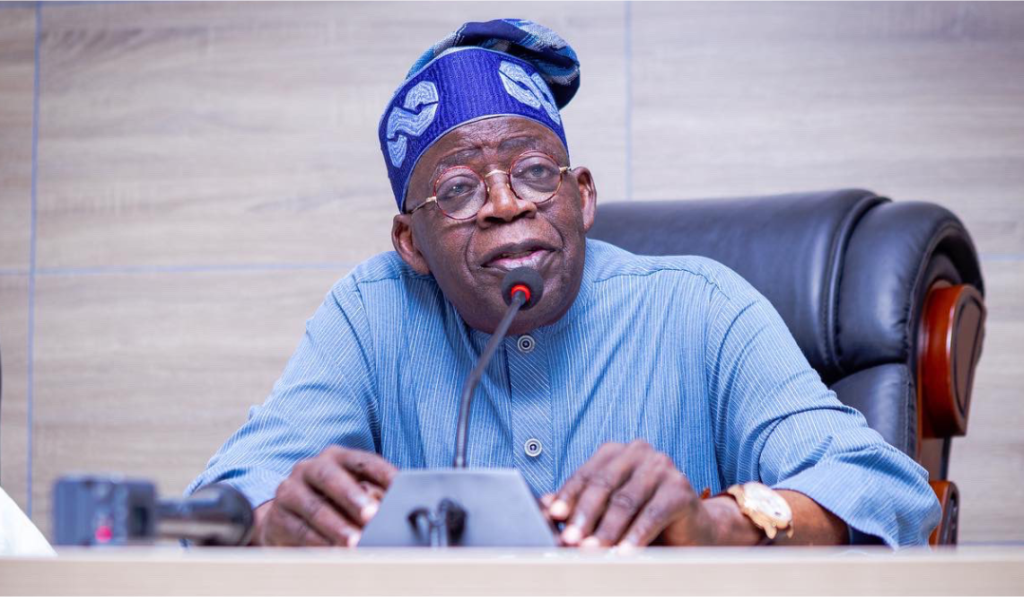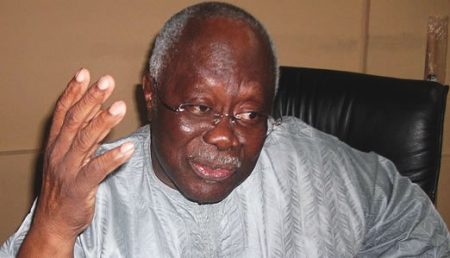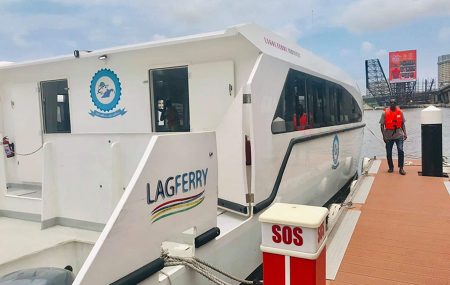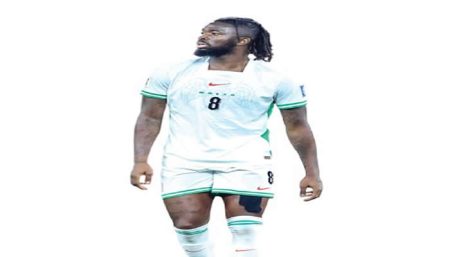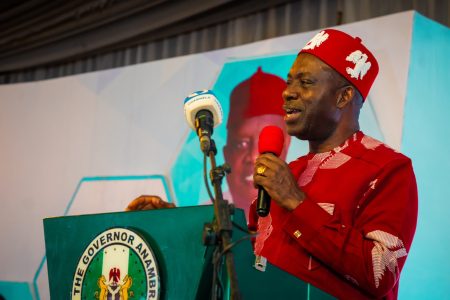The North-Central region of Nigeria, encompassing Benue, Kwara, Kogi, Plateau, Niger, Nasarawa states, and the Federal Capital Territory, has declared its intention to produce the next President of Nigeria in the 2027 general elections. This declaration comes after 65 years of perceived political marginalization, during which the region has been consistently excluded from holding either the presidency or vice-presidency. Stakeholders and party leaders from the region, under the umbrella of the North-Central Renaissance Movement, argue that their contribution to the nation, including hosting the nation’s capital, warrants their rightful place at the helm of national leadership. They emphasize the need for fairness, equity, and justice in the distribution of power, citing the region’s historical exclusion as a compelling reason for their demand.
The North-Central region’s claim of marginalization is rooted in the historical analysis of Nigeria’s political leadership since independence. They point out that since the return to democracy in 1999, only the North-Central and South-East geopolitical zones have not produced a president or vice-president. While acknowledging the South-East’s similar predicament, the North-Central leaders argue that their situation is more dire, as the South-East had the opportunity to produce a vice-president, Dr. Alex Ekwueme, during the Second Republic. They feel overlooked and underrepresented in the power dynamics of the country, and their demand reflects a growing sentiment of discontent with the existing political arrangements.
The North-Central Renaissance Movement has outlined specific conditions for their support in the 2027 elections. While acknowledging the possibility of President Bola Tinubu seeking re-election, they insist that his running mate must come from the North-Central region. This would necessitate replacing the current Vice President, Senator Kashim Shettima. This strategic demand signifies a move to negotiate for power from a position of strength, leveraging their potential voting bloc to influence the political landscape. They are not simply asking for a seat at the table; they are demanding a prominent role in shaping the nation’s future.
The movement’s demands are not directed solely at the ruling All Progressives Congress (APC). They also call on other political parties to field presidential candidates from the North-Central region. This broad appeal indicates their determination to secure the presidency irrespective of the party in power. It underscores their commitment to the principle of regional representation and challenges the established political order to address their concerns. This strategy aims to maximize their chances of achieving their objective by engaging with all potential avenues to power.
The North-Central region’s push for the presidency in 2027 highlights the complex interplay of regional politics, power dynamics, and the quest for equitable representation in Nigeria. Their arguments resonate with broader debates about inclusivity, fairness, and the need for a more balanced distribution of power across the country’s diverse regions. The region’s historical marginalization, coupled with its strategic importance as the host of the nation’s capital, strengthens their claim for a more prominent role in national leadership. Their demands signal a growing assertiveness and a determination to reshape the political narrative in Nigeria.
The success of the North-Central region’s bid for the presidency in 2027 will depend on various factors, including the prevailing political climate, the strategies employed by the various political parties, and the ability of the North-Central leaders to effectively mobilize their constituents and negotiate with other power blocs. Their demand for a North-Central presidency represents a significant development in Nigerian politics, bringing to the forefront the long-standing grievances of a region that feels overlooked and marginalized. The 2027 elections will be a crucial test of the region’s political influence and its ability to translate its demands into tangible political outcomes.


